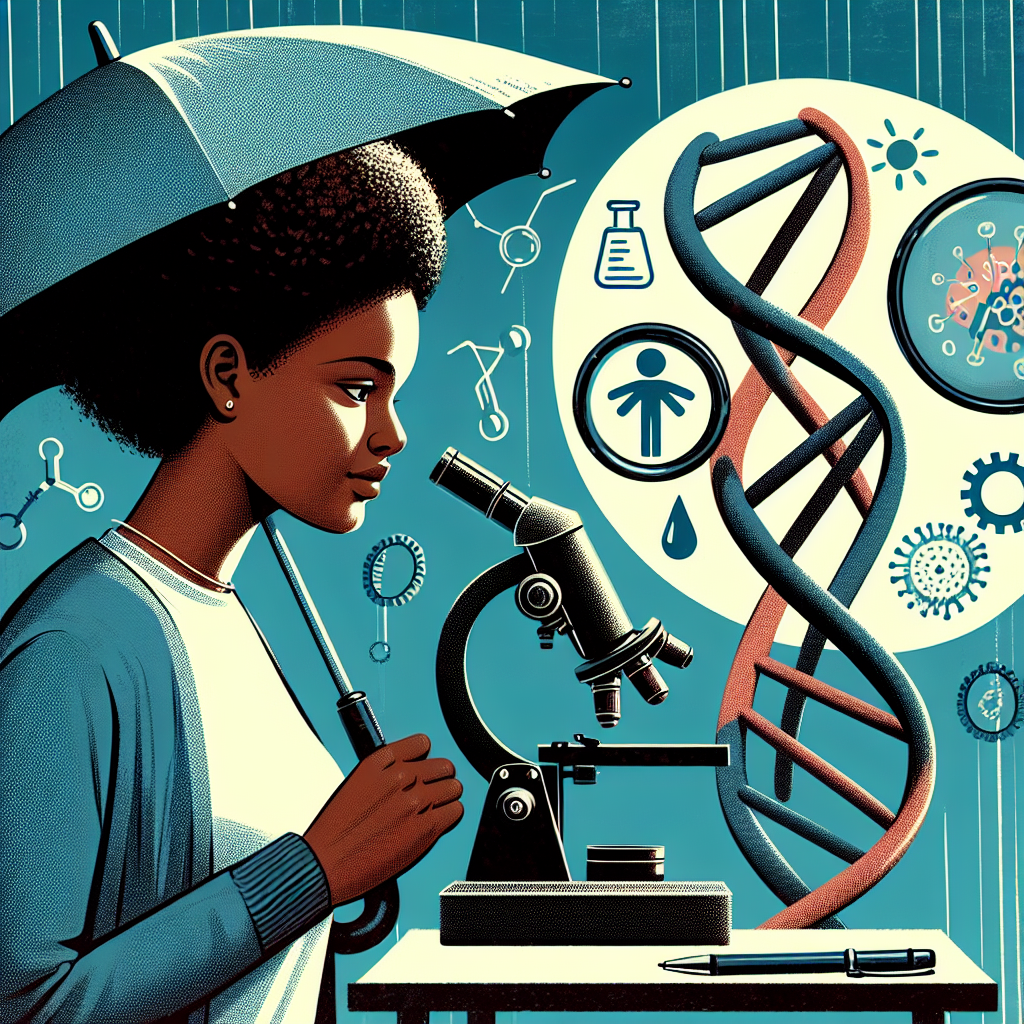Filed under Health Insurance on
Understanding Insurance Coverage for Human Biologists

In the ever-evolving field of human biology, understanding the intricacies of insurance coverage can seem daunting. This challenge is especially pertinent for human biologists, whose unique professional landscape often requires specialized insurance solutions. Whether you're transitioning from academia to industry or venturing into private research, it's vital to understand the nuances of insurance coverage tailored to your profession.
The Importance of Insurance Coverage for Human Biologists
Insurance coverage is a fundamental aspect of risk management for any professional. For human biologists, the need for appropriate insurance is underscored by several factors related to their work, including handling sensitive data, conducting experiments, and engaging in potentially hazardous research activities. The primary keyword here is insurance coverage for human biologists, as it's essential to fully grasp the specific coverage needs inherent to this field.
Why Human Biologists Need Specialized Insurance
The work of human biologists often intersects with medical research, laboratory work, and field studies, each presenting its own unique risks. Here are some reasons why tailored insurance coverage is crucial:
- Laboratory Risks: Working with chemicals, biological specimens, and potentially dangerous equipment requires liability insurance to mitigate risks of accidents and injuries.
- Data Security: Managing confidential human biological data necessitates cybersecurity insurance to protect against data breaches.
- Professional Liability: Errors in research, misinterpretation of data, or failure to secure adequate permissions can lead to professional liability claims. Thus, professional indemnity insurance is vital.
Types of Insurance Essential for Human Biologists
Understanding the diverse insurance types available is crucial in selecting the right coverage. Here are a few that are most relevant to human biologists:
Professional Indemnity Insurance
This type of insurance is designed to protect professionals against claims of negligence, malpractice, or errors in their work. For human biologists, professional indemnity insurance is crucial due to the potential for scientific errors, misinterpretation of results, or ethical breaches in research.
General Liability Insurance
General liability insurance is essential for human biologists using physical spaces or labs, covering legal fees and payouts if someone gets injured on the premises. This type of insurance can also offer protection against property damage claims.
Cybersecurity Insurance
As human biologists often handle sensitive data, cybersecurity insurance protects against cyber threats and data breaches. Coverage typically includes the costs associated with notifying affected parties, legal fees, and recovery of compromised data.
Key Considerations When Choosing Insurance Coverage for Human Biologists
Selecting the right insurance coverage involves understanding the unique needs of your profession, assessing potential risks, and knowing what each insurance type offers. Here are some factors to consider:
Assess Your Specific Risks
Conduct a thorough assessment to identify unique risks associated with your specific field within human biology. Different subfields may have varying risk profiles, affecting the types of insurance required.
Evaluate Insurance Providers
- Reputation: Choose providers with a strong reputation for settling claims promptly and fairly.
- Customization: Look for insurers who offer tailored policy options to fit the specific needs of human biologists.
- Cost: While cost considerations shouldn't compromise coverage quality, competitive pricing is important. Compare quotes to ensure value for money.
Understand Policy Details
Beyond the types of coverage, human biologists should scrutinize policy details such as exclusions, coverage limits, and conditions. Understanding these can prevent unpleasant surprises during a claim.
Recent Trends Affecting Insurance for Human Biologists
The landscape of insurance for human biologists is continually evolving, influenced by technological advances, regulatory changes, and societal factors. Here are some trends to watch:
Integration of Technology in Insurance
Insurtech is revolutionizing the way insurance policies are managed and claims are processed. For human biologists, this trend means more efficient policy management and potentially lower premiums, thanks to predictive analytics in assessing risk.
Increased Data Protection Regulations
With the growing emphasis on data protection, regulations are becoming stricter. As a result, human biologists should prioritize securing comprehensive cybersecurity insurance to comply with legal standards.
Expert Insights on Insurance for Human Biologists
According to industry experts, the importance of insurance coverage for human biologists cannot be overstated. Dr. Jane Smith, an experienced risk management consultant, notes, "Human biologists are at the forefront of groundbreaking research, but this comes with its own set of risks. Tailored insurance coverage is essential not just for protection, but also to provide peace of mind."
Similarly, insurance advisor John Doe emphasizes the need for ongoing assessment, "The risks in human biology evolve as fast as the science itself. Regular reviews of your insurance policies are crucial to ensure ongoing protection."
Conclusion
Understanding insurance coverage for human biologists is a multifaceted endeavor, requiring careful consideration of specific professional risks and coverage options. By evaluating the types of coverage available and staying informed about industry trends, human biologists can ensure comprehensive protection for their valuable work. As you navigate this crucial aspect of your professional life, remember that the right insurance coverage not only safeguards your career but also empowers you to focus on groundbreaking research without unnecessary worry.





